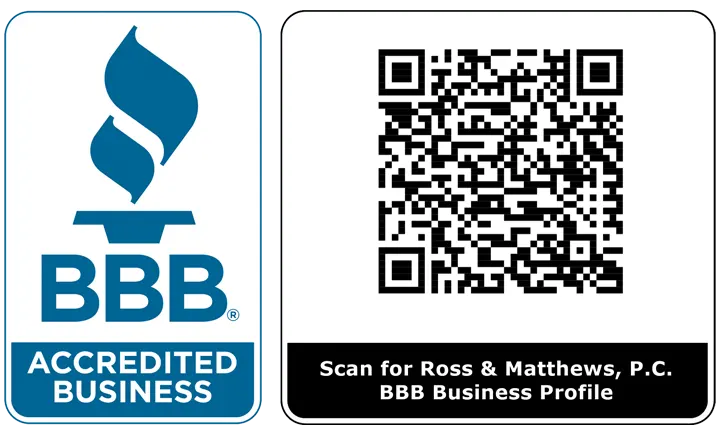Criminal Law defines what conduct is classified as a crime, and the procedures used to prosecute and defend individuals that commit crimes.
If you are arrested, you don’t have to answer any questions except to identify yourself. You should think about this because your statements may be used as evidence in court.
If you are offered any inducement to sign a document, or if you are threatened, coerced, or forced to sign anything, immediately advise your attorney and the senior police official in charge.
You are arrested when a peace officer takes you into custody and deprives you of your freedom in any significant way to hold you to answer for a crime.
You may be under arrest even though no one has actually used the word “arrest”. The fact that you have been deprived of your freedom in some significant manner may amount legally to an arrest.
Based upon reasonable suspicion that you may be involved in criminal activity, a peace officer may require you to identify yourself and explain your presence at a particular time or place.
If the officer has reasonable grounds to believe that you are armed and/or that you may be dangerous, he or she may conduct a limited pat-down for the purpose of detecting weapons. If this “frisk” results in a reasonable belief on the part of the officer that you are carrying a weapon, he or she may remove the suspicious object for the purpose of protecting himself or herself. Unless you are placed under arrest, the frisk or search must be limited to suspected weapons or known contraband.
The officer may ask you some questions in order to complete a field interrogation card. You have a constitutional right not to answer them, but if you refuse to identify yourself, the officer has grounds to arrest you.
At the conclusion of this temporary detention, the officer must either arrest you or let you go.
In stores where goods are placed on display and for sale, merchants or their employees may detain you on the premises for a reasonable time for questioning if they have probable cause to believe you have stolen or have attempted to steal merchandise. Under such circumstances a peace officer may arrest you for shoplifting though the alleged offense was not committed in his or her presence.
A peace officer may make an arrest without a warrant only under certain limited circumstances in Texas. An officer may arrest anyone who commits an offense in his or her presence or within his or her view. An officer may arrest a person if informed by a credible person that a felony has been committed and that the offender is about to escape, so that there is no time to get a warrant.
A peace officer may make an arrest without a warrant if they have probable cause to believe that certain types of offenses were committed.
A peace officer is commanded to arrest you at any time if he or she has a warrant for your arrest, or if he or she has knowledge that a warrant for your arrest has been issued.
A warrant is an order issued by a court charging that you committed a particular crime and directing any sheriff and all peace officers of the state to arrest you and bring you before the court.
If a peace officer does not have a warrant in his or her possession at the time of arrest, he or she must show the warrant to you as soon as possible and inform you of the offense charged.
An arrest warrant is not a search warrant.
Follow Us
The information you obtain on this website is not, nor is it intended to be, legal advice. Consult an attorney for advice regarding your individual situation. We invite you to contact us and welcome your calls, letters and email. Contacting us does not create an attorney-client relationship. Please do not send any confidential information to us until such time as an attorney-client relationship has been established.
